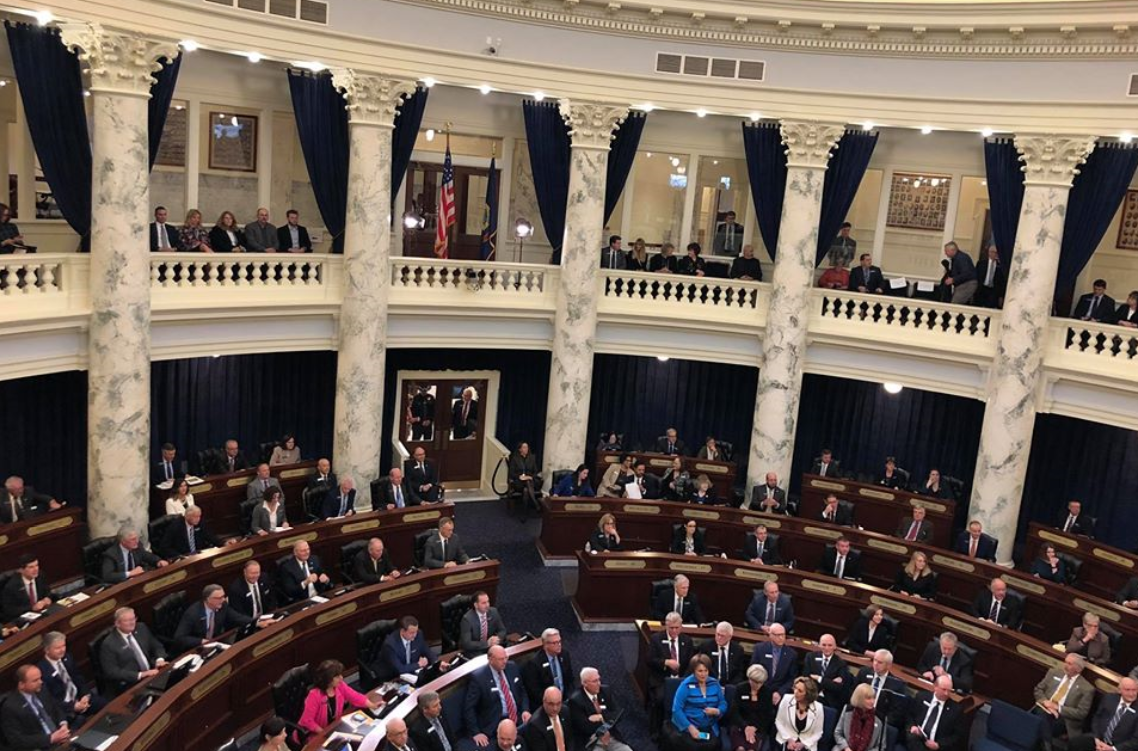With the first week of the 2021 session ending, I’d like to see our “representatives” push to invest in our communities. Perhaps this year, we’ll have more focus on actual issues and less time spent creating harmful policies to remedy made-up problems.
Education. Ah yes, the perennial call to fund education adequately and appropriately. Unfortunately, for years our Legislature has underfunded our students and underpaid teachers. Crumbling schools, teacher shortages and dedicated professionals doing an amazing job in spite of the disrespectful conditions put on them are all features of our education system.
Research indicates that investments in education repay us in safer and healthier societies, with the people living in them making better wages.
Health care. It’s time for the state Legislature to fully fund the mandate given to it by we the people in 2018. Access to affordable health care returns dividends in lower costs placed on society as a whole, as well as healthier communities that don’t lose as much productivity to illness and injury.
Property taxes. I know some “representatives” like to pass the buck, but in 2016 the state Legislature capped the state’s homeowners exemption. The result? Residential property owners now shoulder 72% of the burden. It wouldn’t be hard for the state Legislature to provide meaningful relief to homeowners by simply reversing their own policy. Representatives might dissemble and blame local governments, but they are the true architects of this particular issue. They made a law that caused the problem. They could fix it.
Taxes. Once again, there are calls by our Legislature and our governor to cut taxes. Recent research from the London School of Economics and Political Science indicates that tax cuts for the wealthy simply make them richer — without providing additional benefit to the economy. In fact, analyses of the 2017 tax cuts found that they had almost no impact on the economy and few benefits went to the middle class.
Rather than focusing on tax cuts for their wealthy donors and cronies, our representatives could provide meaningful relief to those who actually need it by simply reconstructing the tax brackets in Idaho so that they’re broader. Idaho tax brackets are so narrow that, for tax year 2020, single filers hit the top bracket when they reach $11,760 in income and married filers when they reach $23,520 in income. Wider brackets would result in a shift, moving more Idahoans out of the top tax bracket and providing relief for middle- and lower-income earners.
We’re a state with a huge surplus and the potential for even more if legislators were to review the billions of dollars in sales tax exemptions. Yet for some reason they keep crying poverty and acting as if we can’t invest in our communities. It’s time for our legislators to focus on the people they’re supposed to represent and stop just trying to grab more power for themselves.
Miranda Marquit, Master of Business Administration, is a nationally recognized financial expert, writer, author and speaker. She is the state committeewoman on the Bonneville County Democratic Central Committee.

